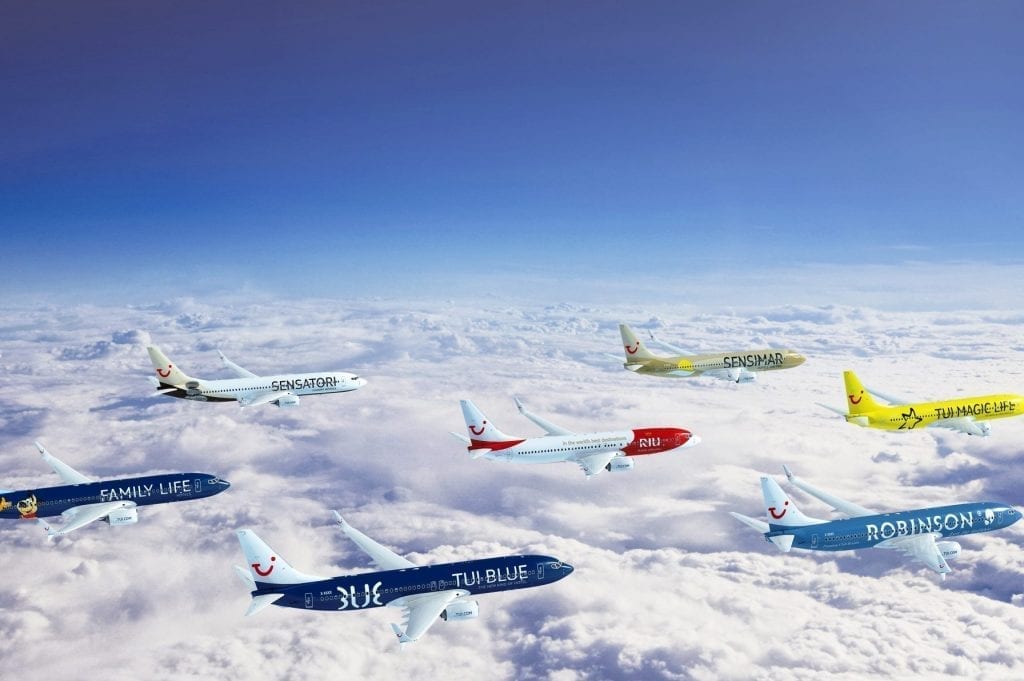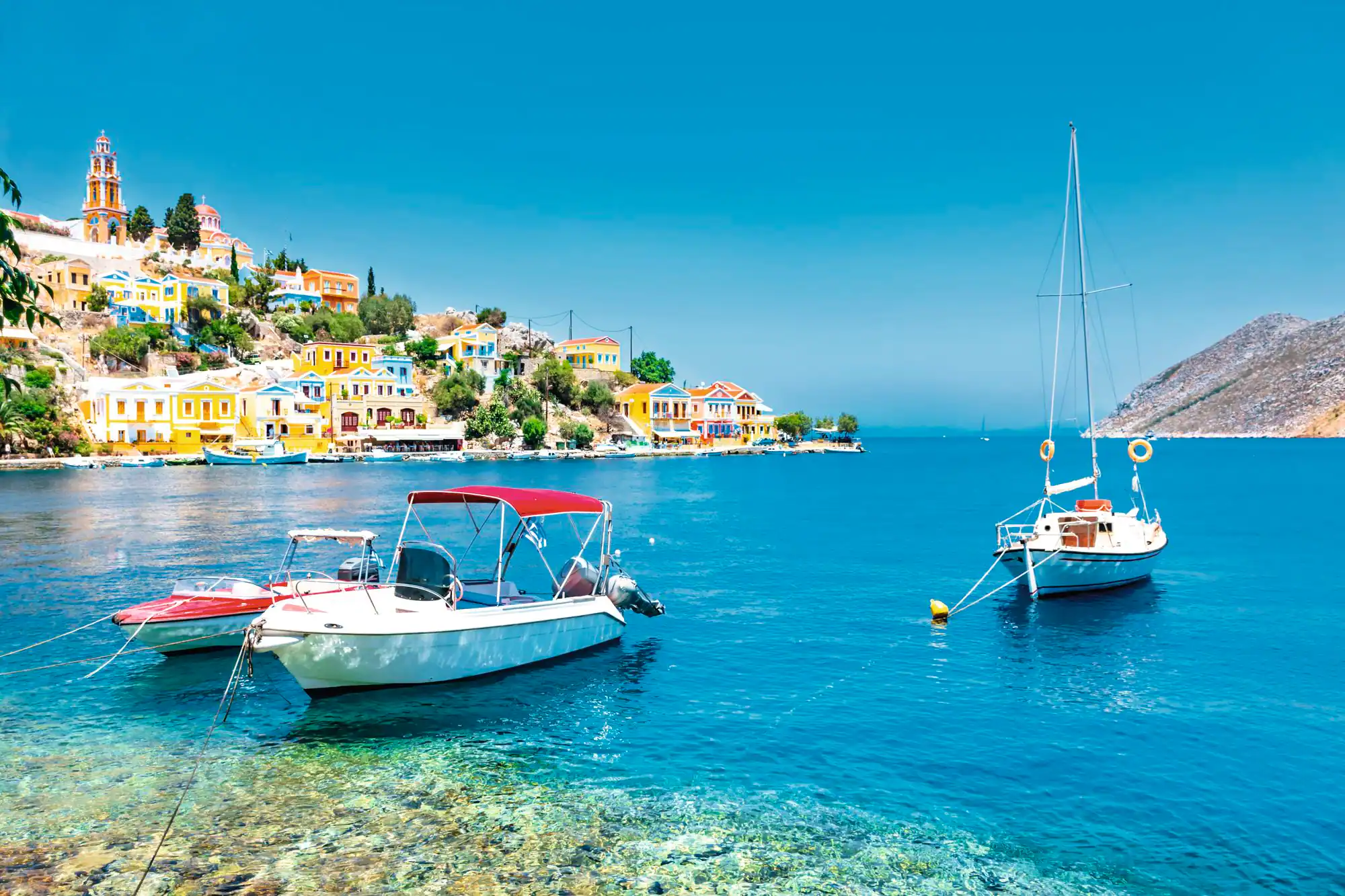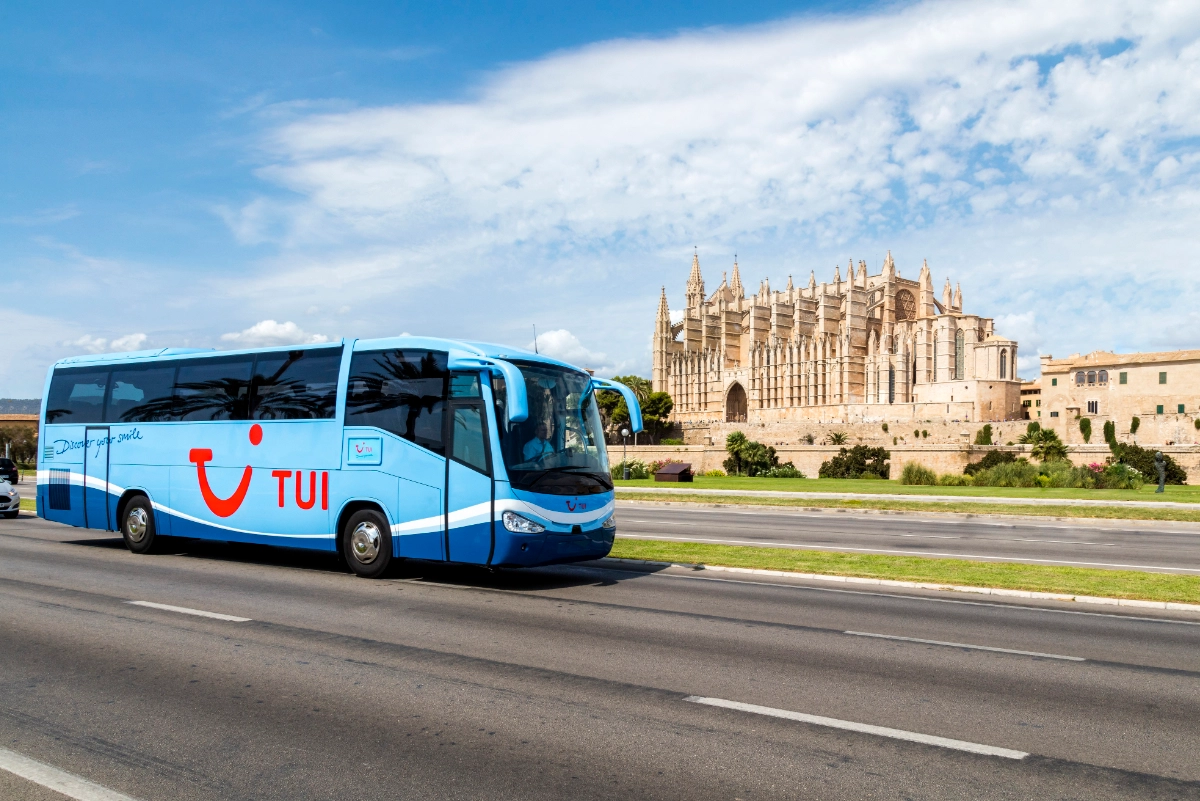What is TUI
TUI stands for Touristik Union International, which is a multinational travel and tourism company headquartered in Germany. TUI Group is the world’s leading tourism group operating in more than 100 countries with over 400 hotels, resorts, and clubs, as well as cruise ships and 16 airlines with more than 100 aircraft. TUI offers a wide range of travel services, including package holidays, flights, hotels, car rentals, and excursions. The company serves over 30 million customers annually and employs more than 70,000 people worldwide.
History and Evolution
The history and evolution of TUI can be traced back to 1923 when the first travel agency, named “Touristik Union,” was founded in Berlin, Germany. The company quickly grew and expanded into other markets, including Austria, Switzerland, and the Netherlands.
In 1964, Touristik Union merged with another German travel company named “Hapag,” creating the Hapag-Lloyd Touristik Group. The new company continued to grow and expand its operations, offering a wide range of travel-related services.
In 1997, Hapag-Lloyd Touristik Group merged with UK-based travel company, Thomson Travel Group, to form TUI AG. The new company became the world’s leading tourism group, with operations in more than 180 countries.
Over the years, TUI continued to evolve and expand its business through strategic acquisitions and partnerships. In 2014, TUI AG underwent a major restructuring, spinning off its shipping division and focusing on its core tourism operations. The company changed its name to TUI Group and launched a new brand identity, emphasizing its commitment to sustainable tourism.
Today, TUI Group is a global leader in the travel and tourism industry, serving millions of customers each year. The company continues to innovate and adapt to changing market conditions, leveraging technology and digital platforms to enhance the customer experience and drive growth.
Products and Services Offered
TUI Group offers a wide range of products and services related to travel and tourism, including:
- Package Holidays: TUI offers a variety of package holidays, which include flights, accommodation, and activities. Customers can choose from a range of destinations and packages to suit their preferences and budget.
- Flights: TUI operates 16 airlines, offering flights to over 100 destinations worldwide. The company offers both scheduled and charter flights, serving a wide range of customers.
- Hotels: TUI operates over 400 hotels, resorts, and clubs in popular destinations around the world. The company offers a variety of accommodation options, ranging from budget-friendly to luxury resorts.
- Cruises: TUI operates a fleet of cruise ships under the brand names TUI Cruises, Marella Cruises, and Hapag-Lloyd Cruises. The company offers a range of cruise itineraries, including river cruises, ocean cruises, and expedition cruises.
- Car Rentals: TUI offers car rental services in partnership with leading car rental companies, allowing customers to rent cars for their travel needs.
- Excursions: TUI offers a variety of excursions and activities, ranging from guided tours to adventure activities like snorkeling and skiing.
- Travel Insurance: TUI offers travel insurance to customers, providing coverage for medical emergencies, trip cancellations, and other travel-related issues.
- Digital Services: TUI leverages technology and digital platforms to enhance the customer experience, offering online booking, mobile apps, and other digital services. The company also operates its own travel agency platform, enabling travel agents to book travel services on behalf of their clients.
Customer behavior and preferences in travel
Customer behavior and preferences in travel are essential factors for any travel and tourism company like TUI to understand. Here are some insights on the topic:
- Personalization: Today’s customers expect personalized experiences, and travel is no exception. TUI can leverage customer data to offer tailored products and services, such as customized tour packages and personalized recommendations.
- Convenience: Customers value convenience, and it can offer this through easy booking processes, mobile apps, and online check-in. TUI can also offer services that make travel easier, such as airport transfers and luggage handling.
- Authenticity: Customers seek authentic experiences when they travel, and it can cater to this by offering unique tours and activities that showcase local culture and traditions.
- Value for money: Customers are price-sensitive and look for good value for their money. TUI can offer attractive pricing options, such as all-inclusive packages and early-bird discounts, while ensuring high-quality services.
- Safety and security: Customers prioritize safety and security when traveling, and TUI can offer services that address these concerns, such as travel insurance, emergency assistance, and secure booking processes.
- Sustainability: Customers increasingly value sustainable tourism practices, and TUI can promote its sustainability initiatives, such as reducing carbon emissions and supporting local communities.
Understanding customer behavior and preferences is crucial for TUI to stay ahead of the competition and offer products and services that meet the evolving needs of travelers. It can leverage customer data and market research to gain insights into customer behavior and tailor its products and services accordingly.
Market trends and competition of Tui
The travel industry is highly competitive, and it operates in a crowded marketplace with several competitors. Here are some of the market trends and competition that TUI should be aware of:
- Online Travel Agencies (OTAs): OTAs such as Booking.com, Expedia, and Airbnb have disrupted the travel industry and offer customers a one-stop-shop for booking flights, accommodation, and activities. These companies have significant marketing budgets and are aggressively expanding their offerings.
- Low-cost carriers: Low-cost airlines such as Ryanair, EasyJet, and JetBlue have disrupted the airline industry and offer affordable flights to popular destinations. These companies have a loyal customer base and are expanding their offerings to include travel packages.
- Environmental concerns: Customers are increasingly concerned about the impact of travel on the environment, and sustainable tourism is becoming more popular. Companies that prioritize sustainable tourism practices are likely to attract environmentally-conscious customers.
- Digital transformation: The travel industry is undergoing a digital transformation, with companies leveraging technology to enhance the customer experience. Companies that invest in technology, such as mobile apps, chatbots, and artificial intelligence, are likely to stay ahead of the competition.
- Shifts in customer behavior: The COVID-19 pandemic has caused significant shifts in customer behavior, with many customers seeking domestic travel options and prioritizing safety and security. Companies that can adapt to these changes are likely to be successful.
To stay ahead of the competition, TUI needs to monitor these market trends and adapt its offerings accordingly. The company should also differentiate itself by offering unique products and services that meet the evolving needs of customers. By investing in technology, sustainability, and customer experience, TUI can stay competitive in the travel industry.


















